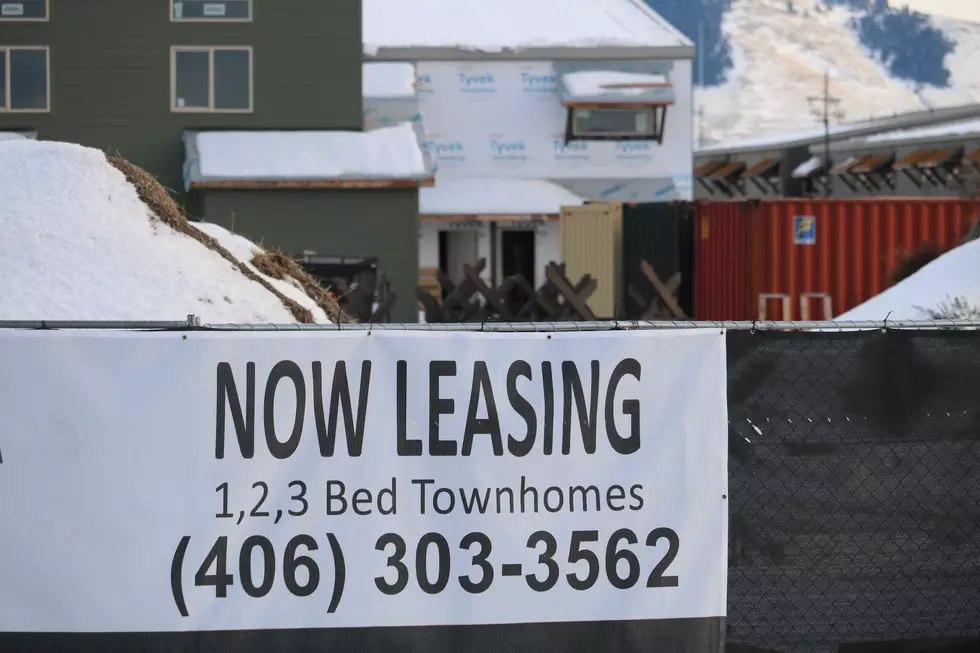
Missoula City Council debates code reform, process and vision
Martin Kidston
(Missoula Current) The City of Missoula's work to reform its zoning codes is nearing the final stretch with a draft proposal expected later this year. The result will help shape the look and feel of Missoula for decades to come.
But as the effort moves forward, some council members have attempted to sway the outcome – a move that has others warning that doing so could interupted the process, or derail it all together.
The latest debate surfaced Wednesday as council member Daniel Carlino introduced a proposal to change current code to allow food and beverage sales as a permitted use in residential areas.
Carlino said he wasn't looking to pass the measure but rather, he wanted it on the city's radar as something he desires to see in code reform.
“We as as the policy-making body of the city would like to see this as part of the code-reform process,” Carlino said. “There's a reason why we don't have these in Missoula neighborhoods. The City Council has banned these from being allowed in residential neighborhoods for many, many decades.”
While some disputed the factuality of that statement, most council members voiced support for allowing small-scale markets or coffee shops in residential districts.
However, they also suggested that code reform is a process that needs time and attention to get right, and working ahead of the process based on personal desires wasn't the way to do it.
“There's some nuance to that and I want to have a process unfold and not put the cart before the horse,” said council member Gwen Jones. “I also want to hear what the community says. If we're going to be voting on stuff before all this information comes in, we're putting the cart before the hourse.”
Carlino last week also sought to change city code banning short-term rentals in residential areas. That measure failed and drew concern from others that, again, it was an attempt to usurp the process of reforming city code.
But on the issue of food-and-beverage in residential areas, city staff said they were already working on it, even before Wednesday's discussion.
“We already know this. With code reform, we're working to align those regulatory tools with what our values in the growth policy already state, that we want to work toward these vibrant, mixed-use neighborhoods,” said Eran Pehan, the city's director of development.
Without a comprehensive approach, Pehan said certain issues could be overlooked, defeating the purpose of redoing the city's zoning codes. Among them, she said neighborhood scale was important.
“Texas Roadhouse is not a Bernice's Bakery, and a small coffee shop with grab-and-go items is not a Winco,” Pehan said. “We don't universally want to make these allowable by right in our neighborhoods. We want to make sure the scale is right. That's the work we'll do through code reform to address all those nuances.”
City planner Ben Brewer said the code-reform process was nearing the final stretch, with a draft policy expected out for public review this fall. Among other things, the work has explored existing land-use policies and zoing regulations and how they propel or hinder a number of goals, includign affordable housing.
City staff hope to address a number of other issues in the new policy including climate, infill, housing and simplicity of process. The work also explores barriers to affordable housing, the city's capacity to build more housing, and issues facing mixed-use development.
“What we didn't know was the breadth and content of what came out of this year's state Legislature, and how much it effected and overlapped with this project,” Brewer said. “We'll be responding to those changes as a key component of this project as well.”
With so many issues wrapped up in code reform, letting the process play out may mean hands off until a draft policy is prepared. It's then that the public – and City Council – can weigh in and evaluate the document's proposals, several council members said.
“This is a huge heavy lift. We've got this proecss, this huge document we're going for and we're trying to do it organized,” said council member Amber Sherrill. “I want us to stay on that course and make sure we're not diverting attention from staff time and moving this forward. We need to be committed to doing the comprehensive work that it needs.”
